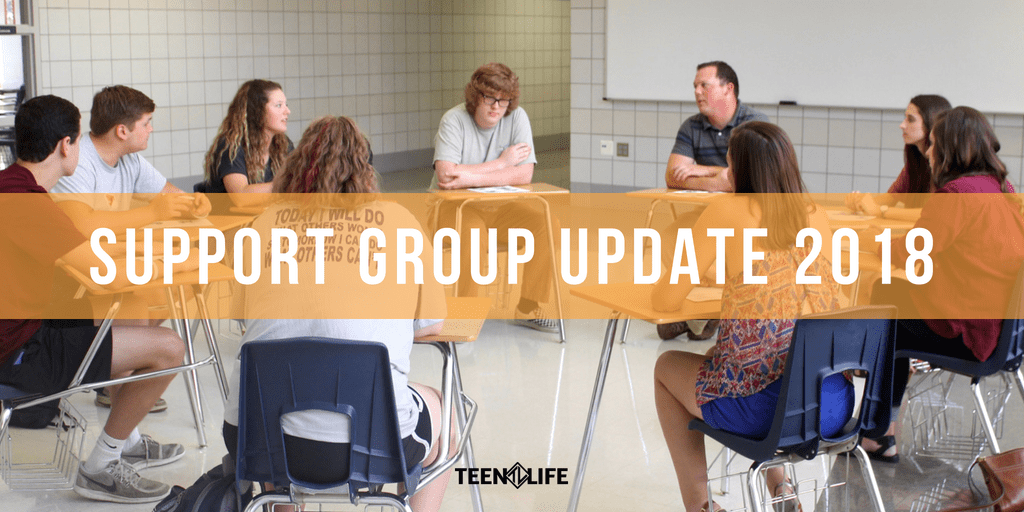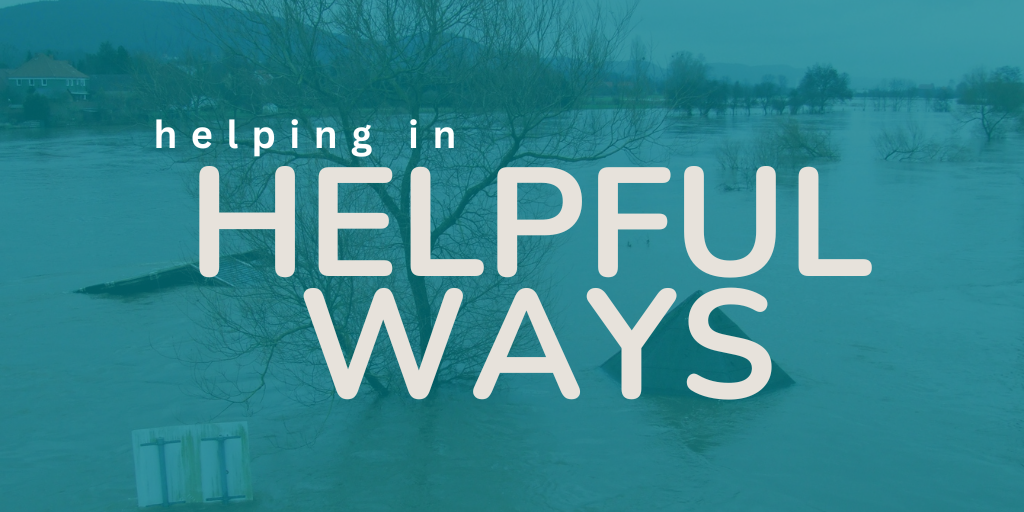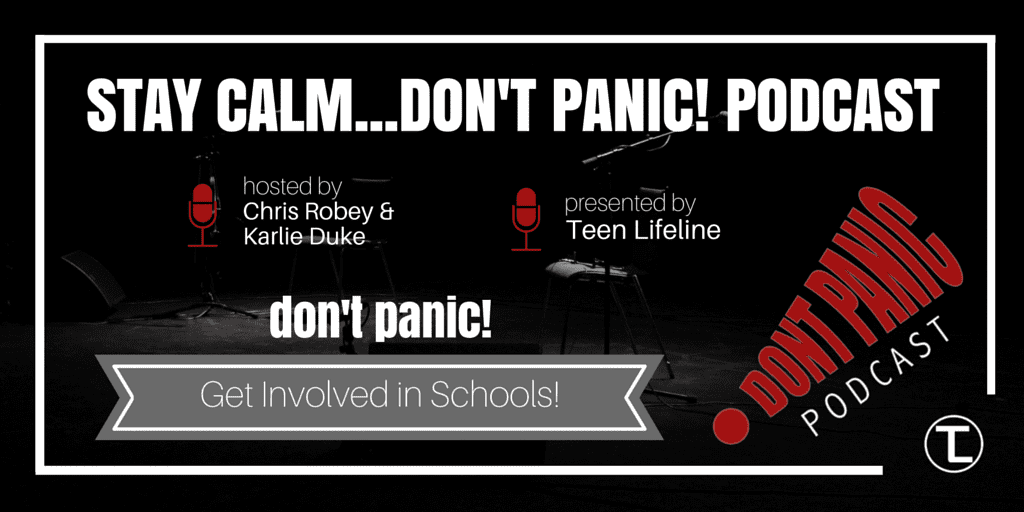
Support Group Update 2018
Summer is officially here, and I did not want to miss the opportunity to share the ways your support, donations, and encouragement have impacted the 1,204 students who participated in Teen Life Support Groups this school year. Each week, I get to see the impact these groups make. These teenagers are more than numbers, campuses and school districts to me. I get to sit in their circles, hear their stories, and talk about their futures. I get this perspective most weeks of the school year, but I know that most of you are not Teen Life Facilitators.
You are in your own trenches – in your homes, classrooms, and churches. You are doing hard work, but you don’t always get to participate in the intentional conversations that a Teen Life Support Group can encourage. Each week, Teen Life Facilitators encourage the group to share their thoughts, experiences, and hopes. We talk about stress, relationships, internal resources, school, the ups and downs of life and more. In a 45 minute group, I can witness a bond and trust between 10 strangers that many people would have to work weeks or months to develop.
How is this possible?
Teenagers crave a safe place to talk and share. And Teen Life is able to step in this gap with the help of our volunteer facilitators and school staff.
Still a little skeptical? Here are some of the things that we heard from our facilitators this school year:
Last week, we challenged the students to work on building relationships with people they would like to be closer to. One of the students was set on picking someone else other than his biological father. He mentioned that the relationship is over and beyond healing. He seemed to have hard feelings regarding his father, but really liked his mom’s boyfriend. This week, he told me that, even though he said he did not want to pursue a relationship with his father, he decided to write a letter to him saying he wanted to build their father-son relationship. His father answered back with the same desire. It looks like the healing process has begun in this young man’s life.
Lots of great sharing from the girls. This was the week I started to really love leading this group. I feel like It’s a highlight of my week and one of the most important places I’m able to serve right now.
As always, you think your efforts are going by the wayside and then the girls open up about how much they feel they have learned and grown. One girl, who shared on paper that there hasn’t been any growth, then shares that it really helps to laugh with the other girls in the group because this makes life not seem so hard.
Though it isn’t fun when the group comes to a close, there is no doubt that [the last lesson] is my favorite. Today, I can’t tell you how many times I heard the phrase, “None of my peers have ever complimented me like that before.” The students were very moved by all that the other group members had to say about them. We concluded the group by reminding them that you cannot control your circumstances, but you can only control yourself. We also encouraged them to use what they learned to possibly help someone else in the future.
These stories are what make the numbers really mean something. Like I said above, the teenagers in our groups aren’t just numbers to me, our staff, or our facilitators. However, this year, we had our biggest year yet! I am so thankful to be a part of an organization that not only seeks to help as many teenagers and families as possible, but that takes the time to hear and invest in the individual stories.
Now that you’ve heard a few stories, here are some of the numbers from the 2017-2018 School Year:
Number of States
Number of School Districts
Number of School Campuses
Number of Students in Support Groups
Number of Facilitators Who Led a Group
This group update is so exciting for me to write! It shows that not only are we able to reach more teenagers each year because of our supporters and volunteers, but schools see value in equipping students outside of the classroom. The school counselors, teachers, and administrators that we work with want to give their students every opportunity to succeed and get the resources they need.
So I want to say thank you for another great school year. Thank you for supporting, encouraging, and giving to us. Thank you for trusting us with your teenagers. Thank you for inviting us on your school campuses and giving us a space to empower teens. Thank you for being a part of our groups – for sharing and being vulnerable. We could not do it without you!















